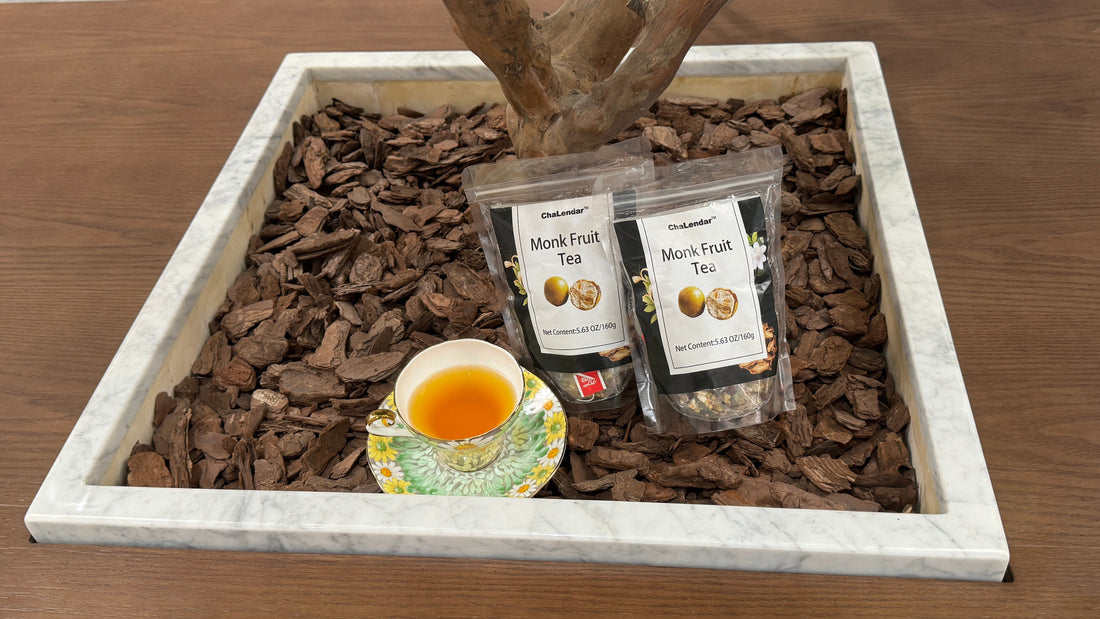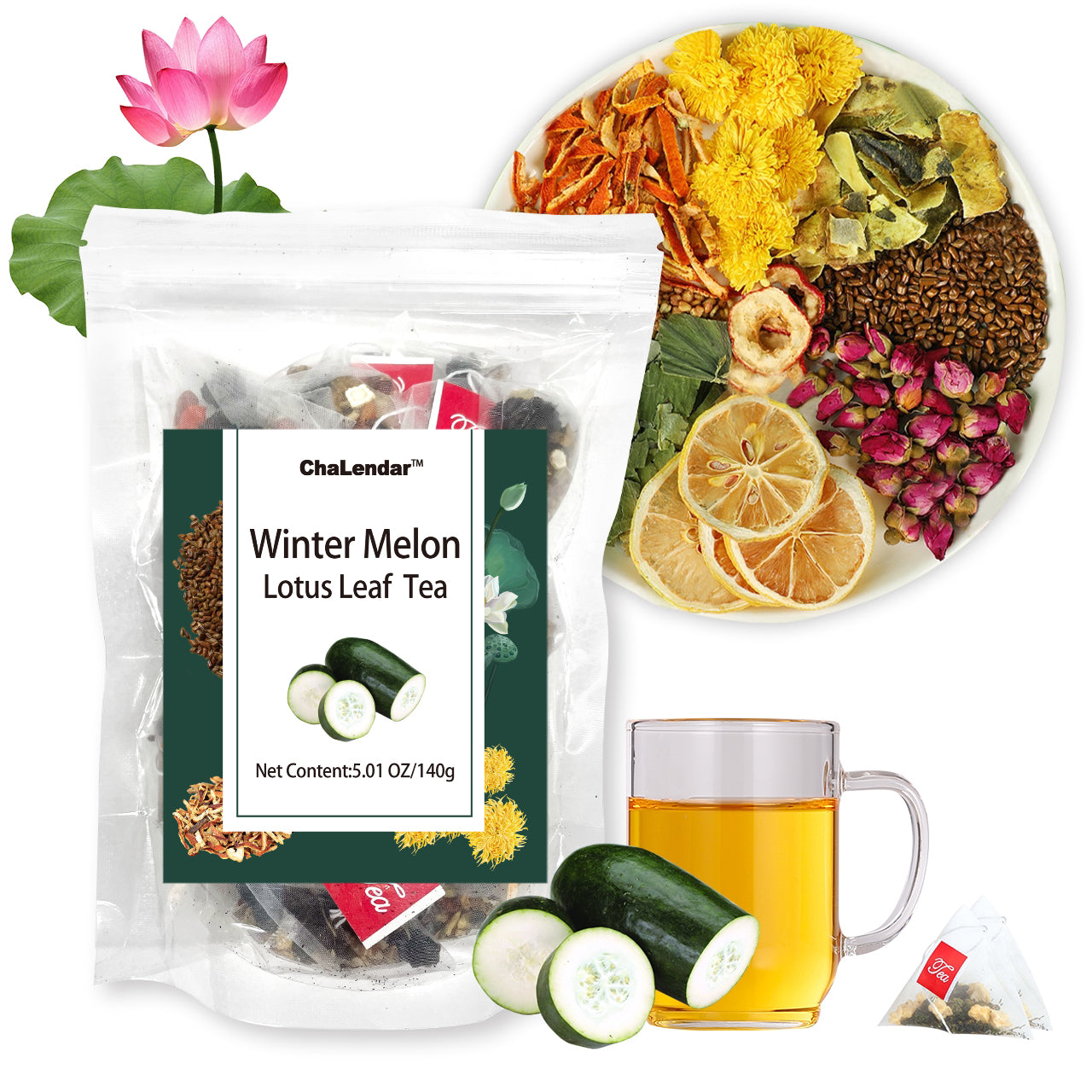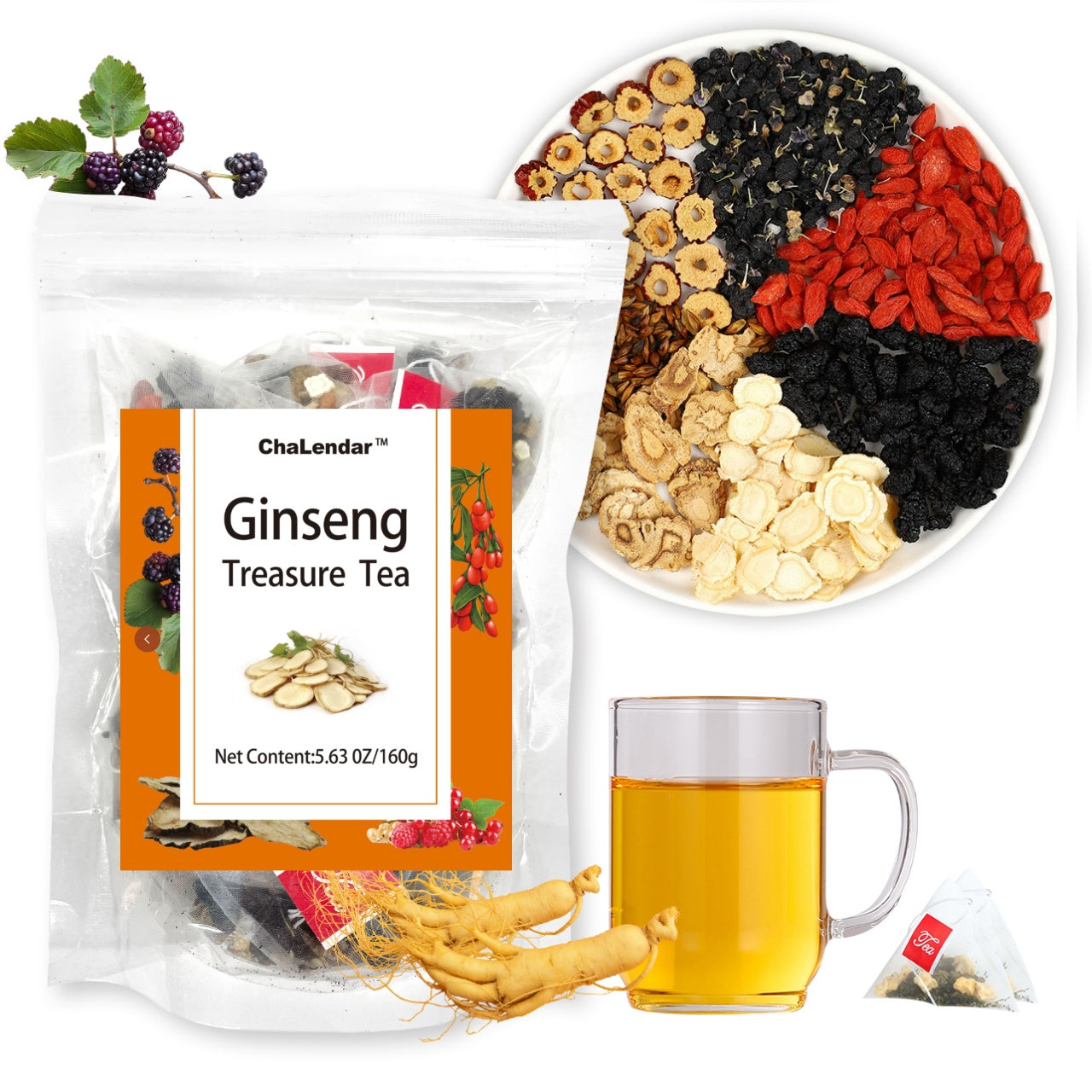
Can I Drink Herbal Tea During Pregnancy?
Share
Pregnancy is a time filled with wonder, anticipation—and lots of questions. Among the many daily choices expecting mothers face, one common question is: “Can I drink herbal tea during pregnancy?”
The short answer is: Yes, but with care.
Let’s explore which herbal teas are considered safe, which to avoid, and how to enjoy them as part of a calming, supportive pregnancy routine.
What Makes Herbal Tea Different?
Unlike black or green tea, which contains caffeine, herbal teas are typically made from dried fruits, flowers, roots, or leaves. They’re naturally caffeine-free, which is a plus during pregnancy when caffeine intake is often limited.
However, not all herbs are safe during pregnancy. Some have strong effects on hormones, digestion, or the uterus and should be avoided.
Herbal Teas Generally Considered Safe in Moderation
While every body is different and you should always consult your doctor or midwife, the following herbs are generally seen as gentle and safe for most pregnant women:
- Ginger Tea – Helps ease nausea and morning sickness
- Peppermint Tea – May soothe digestion and reduce bloating
- Rooibos Tea – Naturally caffeine-free and rich in antioxidants
- Chamomile (in small amounts) – Relaxing and calming, especially before bed
- Lemon Balm – Mild and comforting for anxiety or restlessness
Herbal Teas to Use with Caution or Avoid
Some herbs, though beneficial in other stages of life, may not be suitable during pregnancy:
- Licorice Root – May affect blood pressure or hormone levels
- Dong Quai, Ginseng, or Mugwort – Traditionally linked to hormone activity or uterine stimulation
- Sage or Rosemary (in high doses) – Can affect uterine tone or circulation
- Herbal Detox Teas – Often contain laxatives or strong diuretics
Always read ingredient labels carefully, especially with blended herbal teas.
Tips for Enjoying Herbal Tea During Pregnancy
- Consult your healthcare provider before introducing new herbs
- Choose organic, single-ingredient teas when possible to avoid additives
- Stay hydrated with a mix of teas and water
- Drink in moderation—1–2 cups per day is usually a safe amount unless advised otherwise
Herbal teas can be a comforting and soothing part of your pregnancy ritual—whether you’re managing morning sickness, winding down at night, or simply craving a warm drink without caffeine. Just be mindful of the ingredients, listen to your body, and when in doubt, consult a trusted professional.
Looking for gentle blends made with natural, carefully selected herbs? Explore our pregnancy-friendly options at ChaLendar.


